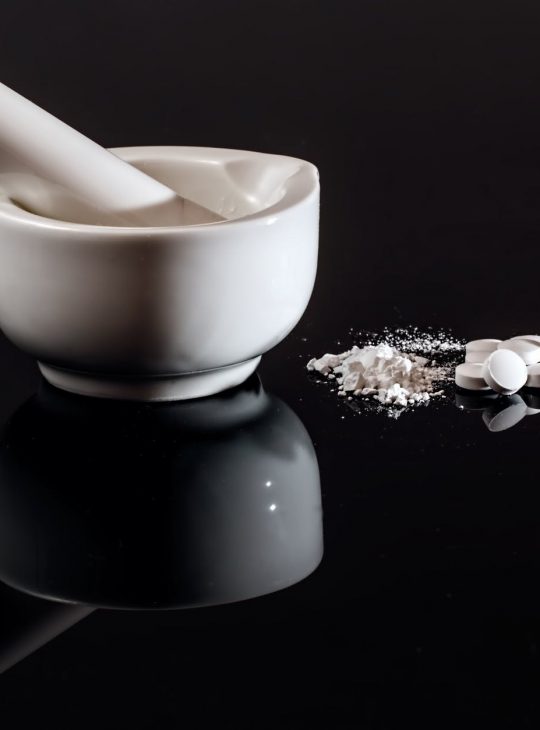mRNA vaccines are a new type of vaccine against infectious diseases. Traditionally, vaccines use a weakened or inactivated form of a pathogen to trigger an immune response. mRNA vaccines, however, enable cells to synthesize a protein that triggers a potent immune response against infectious disease. Manufacturing mRNA vaccines is a complex process that requires highly purified ingredients to ensure the desired result is achieved.
Bacterial growth rate and nucleotides are the main components that impact the manufacture mRNA vaccines for COVID-19 prevention. In this webinar, Naimish Sardesai of Thermo Fisher Scientific explains how bacterial growth rate influences gene expression by acting on both sides of the mRNA equilibrium: synthesis and degradation. Sardesai will also discuss how Thermo Fisher Scientific’s GENESYS and Evolution series UV/Vis spectrophotometers can be used to evaluate and achieve optimum bacterial culture growth rate, and measure oligonucleotide quality to ensure vaccines produced are not contaminated.
Learning objectives:
- How to determine the time needed for optimal bacterial growth in mRNA vaccine production
- How to evaluate the quality of oligonucleotides used for mRNA vaccine production
- How to use UV/Vis spectroscopy as a quality assurance tool in vaccine research and process control
Certificate of attendance
All webinar participants can request a certificate of attendance, including a learning outcomes summary, for continuing education purposes.
Presenters

Product Manager, UV/Vis Spectroscopy
Thermo Fisher Scientific
View Biography

Editorial Team
SelectScience
View Biography




